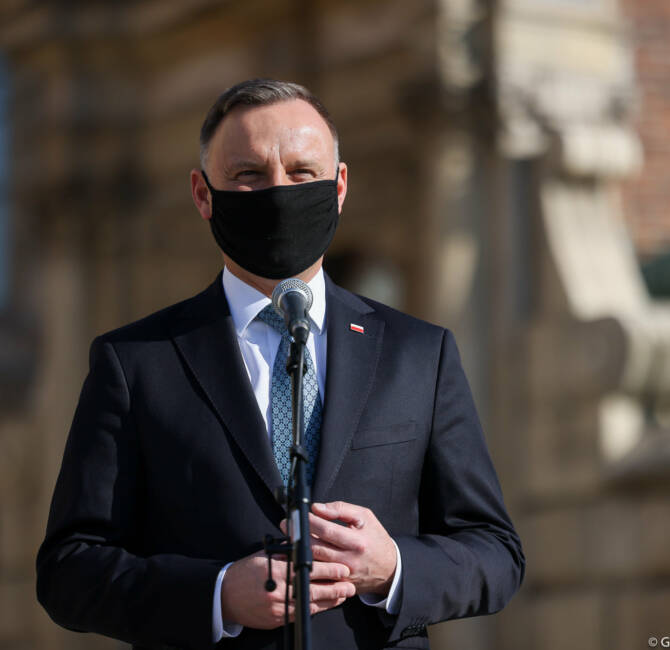Poland / Czechia / Germany – German and Czech environmental organizations – Greenpeace, Bund Sachsen, and Sousedský spolek Uhelná (a local environmental group) – have sent a complaint to the European Commission this week against the agreement reached at the beginning of the year between Czechia and Poland regarding the Turów lignite mine in Poland. The pollution caused by this mine had sparked a crisis in relations between the two countries in 2021, when Prague turned to the Court of Justice of the EU. The Spanish vice-president of the Luxembourg-based institution had ordered provisionally, while waiting for a judgement on the merits, the closure of the mine – which feeds a power station responsible for 5% to 7% of Poland’s electricity production! Such a far-reaching interim order by the CJEU was so unusual that even the Czech side was surprised, and voices were raised, including in Czechia itself, warning that the EU institutions seemed to be taking advantage of the situation to extend their powers over recalcitrant countries.
Although the February agreement resolved the conflict between Prague and Warsaw and led to the withdrawal of the Czech complaint to the CJEU, the European Commission nevertheless deducted 68.5 million euros from the EU budget funds allocated to Poland between February and June of this year, as a payment for the daily penalty imposed by the Vice-President of the CJEU in the event of Poland not closing the Turów mine. This is a lot, but it is certainly less than what it would have cost Poland to close this very large coal mine, as the country is now struggling to find enough coal to get through the winter as a result of years of EU “green” policies and sanctions related to Russia’s war in Ukraine.
However, German and Czech environmentalists are unhappy with the agreement struck with Poland to limit the environmental damage caused by this large open-pit mine, especially since, as they themselves say, the bilateral agreement prevents them from going to the EU Court of Justice. The Turów lignite mine is now planned to expand by 30 sq. km and to remain in operation until 2044, and, in addition to the noise and dust, residents on the Czech side of the border are still complaining about the impact of the Polish mine on their water resources.
The environmental organizations’ complaint is supported by a group of MEPs, including Czech Pirate Party MEP Mikuláš Peksa, who have written to the Lithuanian EU Commissioner for Environment, Oceans and Fisheries, Virginijus Sinkevičius.




